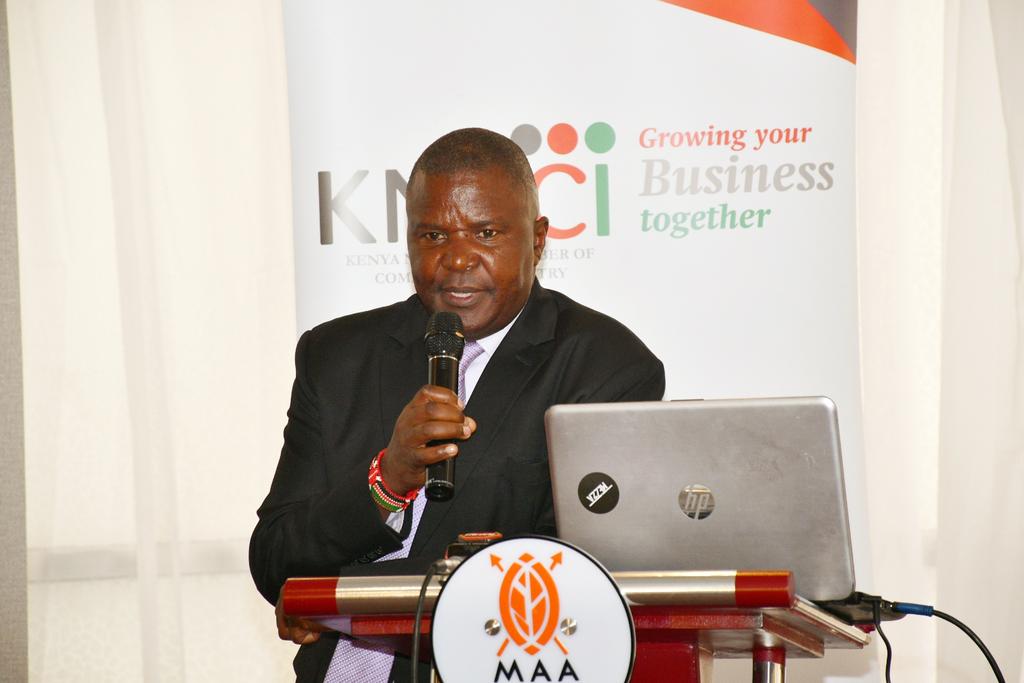- Kenyan businesses in the hospitality and tourism sector are the most confident they will post growth in Q2
- Businesses in the energy sector are also optimistic of better Q2 despite challenges in the first quarter.
- The education sector reflects a balanced sentiment, with 33 per cent expressing extreme, moderate, and slight confidence in revenue growth.
Kenyan businesses in the hospitality and tourism sector are the most confident that they will grow their revenues in the second quarter of 2024 according to a new survey by Kenya National Chamber of Commerce and Industry (KNCCI).
Compared to other sectors, the hospitality and tourism sector exhibits a stronger sense of optimism, with 41 per cent extremely confident, 29 per cent moderately confident, 18 per cent slightly confident, and 12 per cent not confident of increasing their revenues.
In the agriculture sector, results indicate a mixed outlook, with 17 per cent of Kenyan businesses expressing extreme confidence in revenue growth, 46 per cent moderately confident, 34 per cent slightly confident, and 3 per cent not confident.
The energy sector also shows a positive outlook, with 33 per cent extremely confident, 50 per cent moderately confident, and 17 per cent not confident.
This confidence may stem from factors like increasing global energy demands and strategic investments in renewable energy sources.
The education sector reflects a balanced sentiment, with 33 per cent each expressing extreme, moderate, and slight confidence in revenue growth.
Kenyan businesses optimistic despite challenges
This cautious optimism could be linked to ongoing transformations in educational delivery methods and funding challenges. KNCCI CEO Patrick Nyangweso said that Financial constraints, regulations and supply chain instability have emerged as major obstacles for business expansion in Q2 of 2024.
“Businesses are optimistic for expansion in Q2, however, 34 per cent of the firms polled cited financial constraints and a major worry, 16 per cent are concerned with regulatory environment and 14 per cent cited supply chain instability as major obstacle,” said Nyangweso.
Interestingly, Kenyan businesses in healthcare, financial services, and mining sectors reported lower levels of extreme confidence in revenue growth. However, the mining sector stands out with 100 per cent moderate confidence in revenue growth, compared to 75 per cent in Financial Services and 69 per cent in Healthcare.
Although not extremely confident, majority of businesses remain optimistic in the growth of their workforce size and revenue in Q2. The energy sector is the most confident in workforce size growth, while professional services is at the opposite end of the spectrum.
While a significant portion of businesses 39 per cent foresee a decrease in the cost of primary inputs, an equivalent proportion 39 per cent anticipates an increase.
The energy sector is most optimistic about input cost reduction, while ICT and professional services sectors may experience significant fluctuations.
Transport and energy sectors recognize that supply chain instability and climate change might deter their performance more than any other sectors, respectively.
Majority of the sampled businesses fell under the micro category with less than 10 employees and below Sh1 million in annual revenue.
Survey methodology
Read also: Allianz Risk Barometer 2023: Top threats for Kenyan Businesses
The KNCCI Q2 2024 Business Barometer Report aimed to elucidate businesses’ expectations for Q2 2024, drawing insights from their Q1 2024 experiences regarding financial performance and the broader business environment.
The report draws its insights from a survey administered through Google Forms spanning 12 days, garnering 214 responses nationwide. The questions were posed on the businesses’ revenue, workforce, expansion plans, cost of primary inputs, and challenges for Q2.
To provide more context, the survey also captured the sector the businesses operate in as well as their current revenue and workforce size. Additionally, the survey welcomed input from both KNCCI members and non-members, capturing perspectives from businesses operating in both the formal and informal sectors alike.
Within the pool of responses, a diverse array of businesses emerged, ranging from sole proprietorships such as Boda Boda operators to multinational enterprises. Importantly, the respondents were drawn from the ranks of management and directorship within their respective organizations, ensuring a comprehensive and insightful perspective on the business landscape.
Notably, the survey was limited in number of responses as we did not meet the ideal minimum of 30 per cent of the sample size. This being the inaugural survey, KNCCI will leverage its partnerships in future to attain the minimum threshold.











